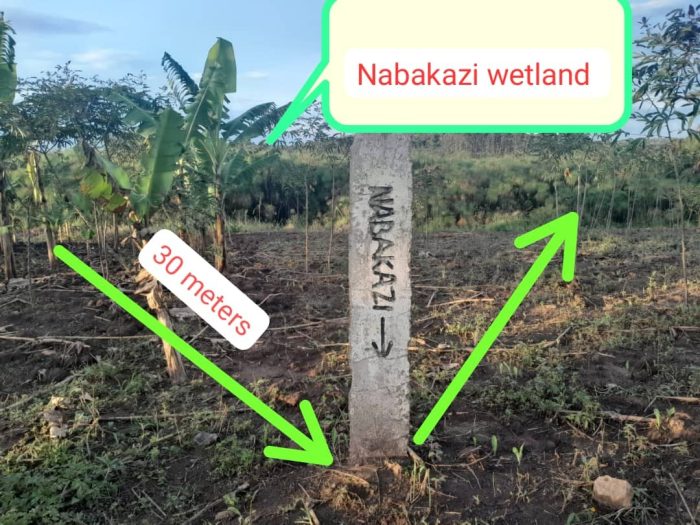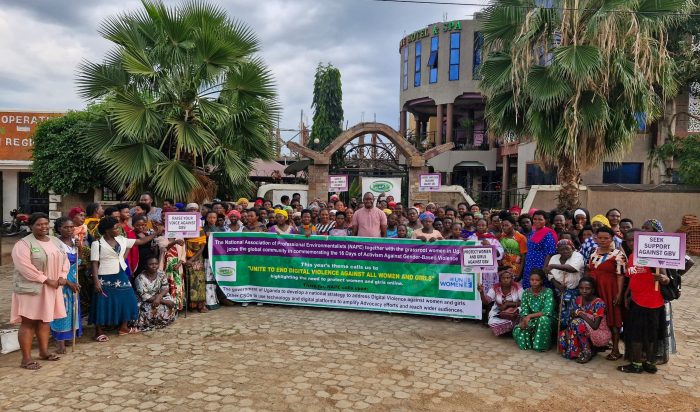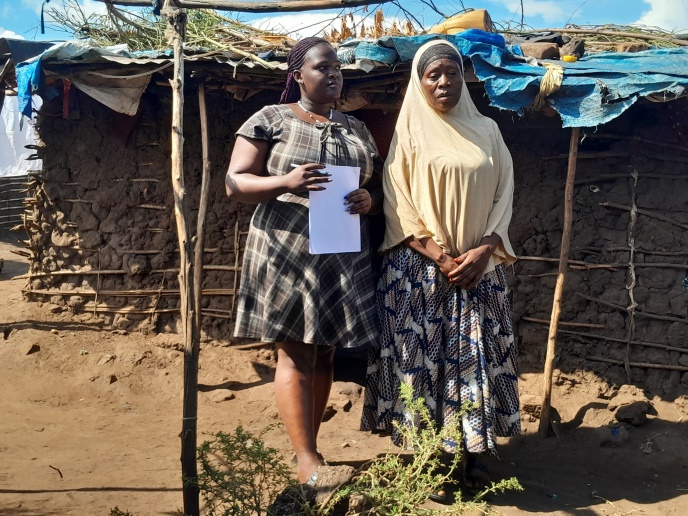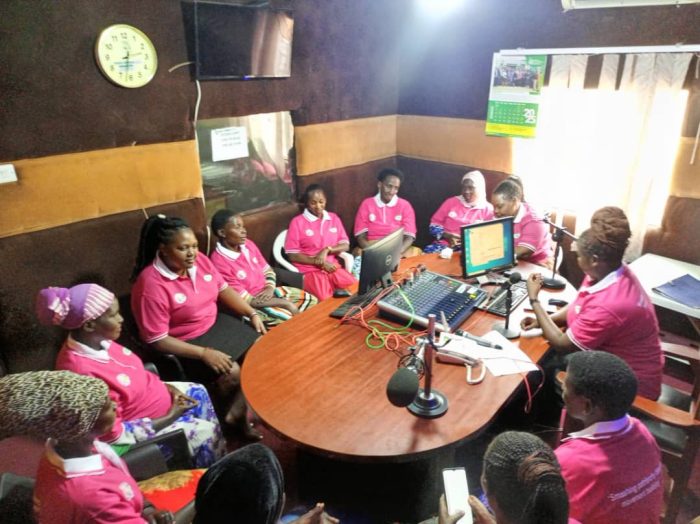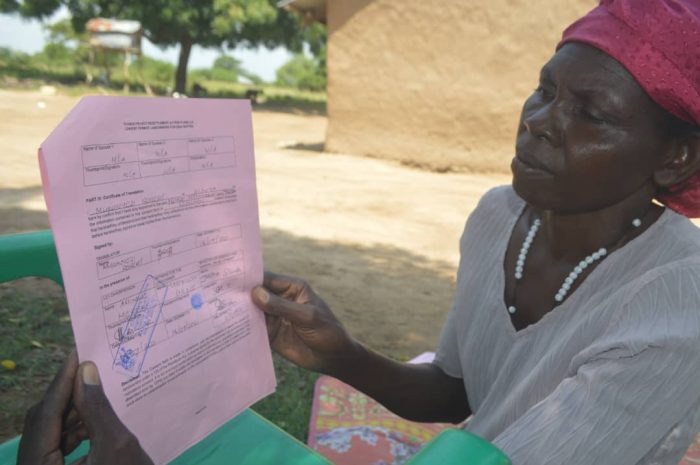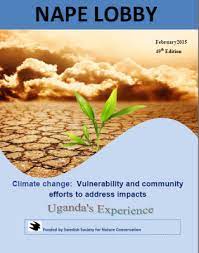
 Climate change is one of the most hotly debated issues of today. In Uganda these changes are already influencing many systems essential for human livelihood, including water resources, food security and health. This causes a great challenge for sustainability of life, ecosystems, livelihoods and indeed the development of the economy.
Climate change is one of the most hotly debated issues of today. In Uganda these changes are already influencing many systems essential for human livelihood, including water resources, food security and health. This causes a great challenge for sustainability of life, ecosystems, livelihoods and indeed the development of the economy.
Sadly, the biggest sections of the Ugandan populace are not pro-actively involved in activities that aim to address climate change phenomenon currently experienced in the country. Some of the individuals and groups involved in activities to address climate change effects do it with limited climate knowledge.
It is important now, more than ever, to involve all Ugandans in climate change debates and advocacy to ensure that all sectors of the society are climate sensitive and are involved in implementing climate-smart projects.
To sustainably steer the country along a climate-smart path, government must work with civil society, communities and businesses to ensure that all investments undertaken enable longer-term sustainable prosperity. In Uganda, government has been promoting multilateral interests and competitiveness at all costs by signing contracts / trade agreements that limit the ability of government structures to effectively protect the environment. Uganda needs regulations and measures to guide market forces toward a more sustainable future.
The implementation of the Climate Change Policy for Uganda must promote and advance community climate change adaptation and mitigation.

